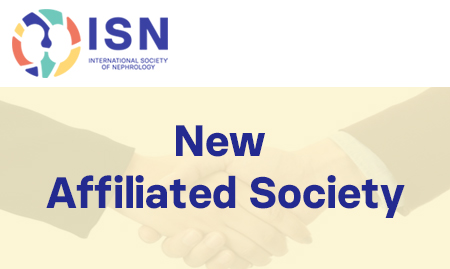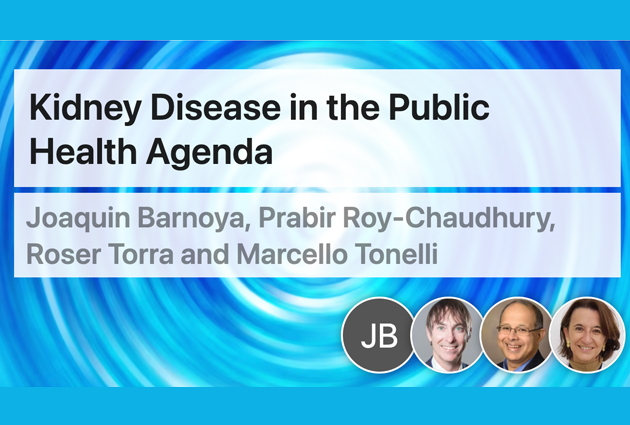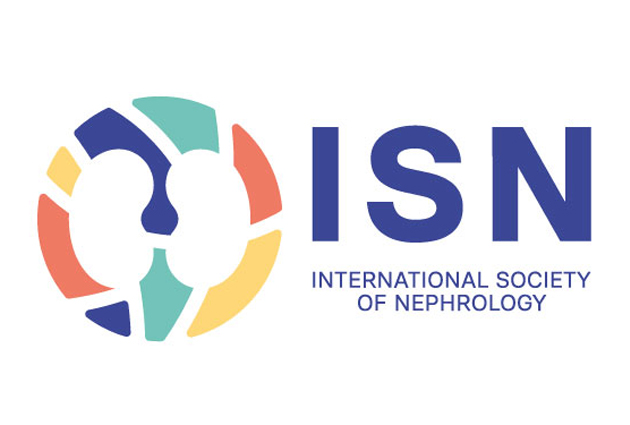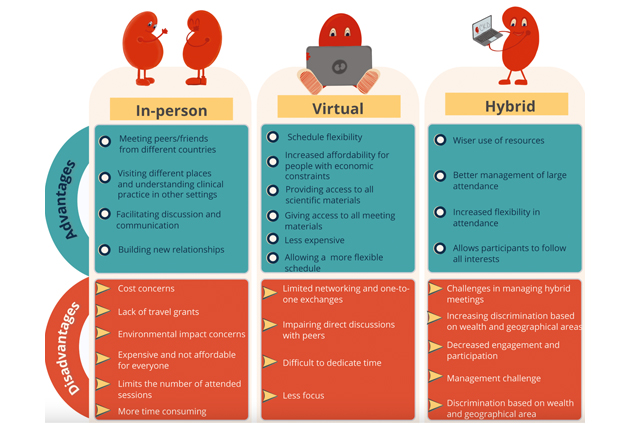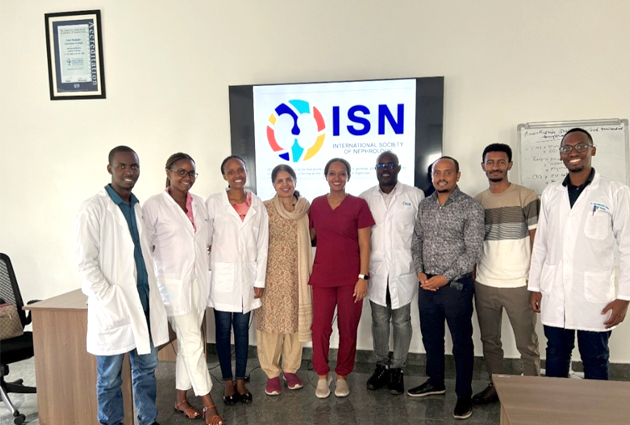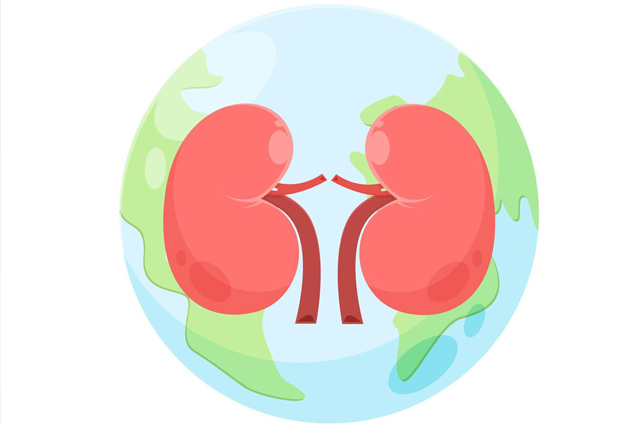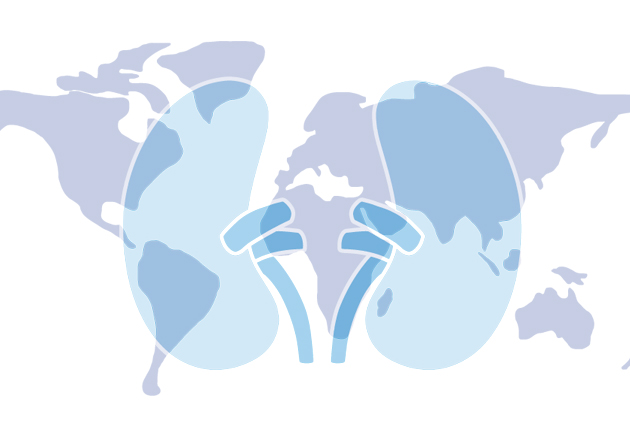Tackling Kenya’s ESKD challenge together
The 14th Annual Scientific Conference of the Kenya Renal Association was my chance to dive further into the issue of End-Stage Kidney Disease (ESKD) and talk about ways of improving global access to integrated ESKD.
In Kenya, a very low percentage of patients are treated with peritoneal dialysis (PD). The Government is gradually recognizing the need for this more cost-effective form of treatment.
This meeting was a valuable starting point as the Kenya Renal Association wishes to achieve more integrated ESKD care across the country.
The Government is funding the construction of 47 new public hemodialysis units, with one in each county. This figure added to a similar number of private units takes the total of dialysis units to approximately 100. However, Kenya only counts about 30 nephrologists nationally so there is an urgent need to train nephrologists and other renal healthcare workers.
As part of our mission, we are focusing on improving the understanding of ESKD and its determinants, highlighting the necessary standards of ESKD care, and enhancing the ability to treat it in resource-constrained settings.
We are seeking to educate centers in low- and middle-income countries to create, develop and extend their dialysis and transplant programs by teaching hands-on workshops and offering academic resources to build capacity and improve standards of care.
This month, the ISN Academy is highlighting a 10-module e-curriculum on PD, with Stanford University’s School of Medicine. New educational channels will be tailored to non-nephrologists, nurses, technicians, policy-makers, the public and patients.

Standing, second row (left to right): Pediatric nephrologist Doris Kinuthia, Representing ISPD and and Deputy-Chair of ISN CME Program Peter Blake, ISN Executive Committee member representing KDIGO Roberto Pecoits-Filho, ISN President David Harris, AFRAN President and ISN Executive Committee member Gloria Ashuntantang, KDIGO Programs Director Melissa Mcmahan, Country Manager for the PD fluid manufacturer Mitra, Atul Rishi, Kenya Renal Association Treasurer George Moturi and Deputy Secretary of Kenya Renal Association John Ngigi.
Standing, back row (left to right): Pediatric nephrologist Phillip Cheptinga and Scientific Committee Chair for 14th annual scientific conference of the Kenya Renal Association Benjamin Wambugu.


